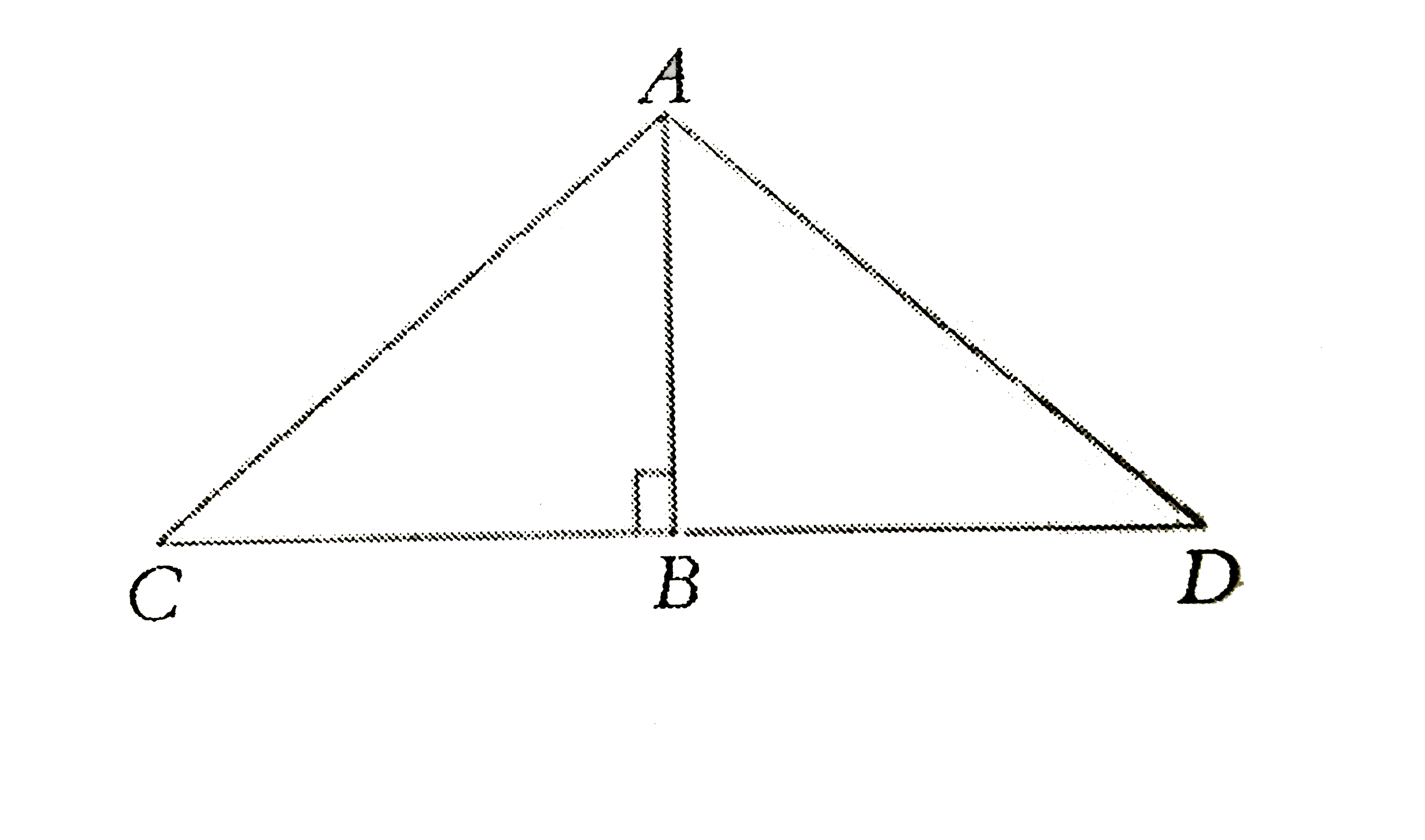Which of the following is not a Euclid's axiom?
The whole is greater than the part.
Things which are double of the same things are equal to one another.
Things which are halves of the same things are equal to one another.
If two things are equal, then their sum is equal to of the one thing.
The correct Answer is:D
To determine which of the following statements is not a Euclid's axiom, we need to analyze each option provided.
1. Identify the Options:
Let's assume the options are:
- Option 1: The whole is greater than the part.
- Option 2: Things which are double of the same thing are equal to one another.
- Option 3: Things which are half of the same thing are equal to one another.
- Option 4: If two things are equal, then their sum is equal to that of one thing.
2. Analyze Each Statement:
- Option 1: "The whole is greater than the part."
- This is known as the fifth axiom of Euclid.
- Option 2: "Things which are double of the same thing are equal to one another."
- This corresponds to the sixth axiom of Euclid.
- Option 3: "Things which are half of the same thing are equal to one another."
- This is the seventh axiom of Euclid.
- Option 4: "If two things are equal, then their sum is equal to that of one thing."
- This statement does not correspond to any of Euclid's axioms.
3. Conclusion:
After analyzing all the options, we find that Option 4 is not a Euclid's axiom.
Final Answer:
The correct answer is Option 4.
Let's assume the options are:
- Option 1: The whole is greater than the part.
- Option 2: Things which are double of the same thing are equal to one another.
- Option 3: Things which are half of the same thing are equal to one another.
- Option 4: If two things are equal, then their sum is equal to that of one thing.
- Option 1: "The whole is greater than the part."
- This is known as the fifth axiom of Euclid.
- Option 2: "Things which are double of the same thing are equal to one another."
- This corresponds to the sixth axiom of Euclid.
- Option 3: "Things which are half of the same thing are equal to one another."
- This is the seventh axiom of Euclid.
- Option 4: "If two things are equal, then their sum is equal to that of one thing."
- This statement does not correspond to any of Euclid's axioms.
After analyzing all the options, we find that Option 4 is not a Euclid's axiom.
The correct answer is Option 4.
Topper's Solved these Questions
- BOOK - SCIENCE OLYMPIAD FOUNDATION CHAPTER - IMO QUESTION PAPER SET A 2019EXERCISE - Everyday Mathematics10videos
IMO QUESTION PAPER SET A 2019
- BOOK - SCIENCE OLYMPIAD FOUNDATION CHAPTER - IMO QUESTION PAPER SET A 2019EXERCISE - Achievers Section5videos
IMO QUESTION PAPER SET A 2019
- BOOK - SCIENCE OLYMPIAD FOUNDATION CHAPTER - IMO QUESTION PAPER SET A 2017EXERCISE - ARCHIEVERS SECTION5videos
IMO QUESTION PAPER SET A 2017
- BOOK - SCIENCE OLYMPIAD FOUNDATION CHAPTER - IMO QUESTION PAPER SET B 2019EXERCISE - ACHIEVERS SECTION5videos
IMO QUESTION PAPER SET B 2019
Similar Questions
Knowledge Check
- Question 1 - Select One
Euclid was-
AGreek MathematicianBContributor to the use of deductive principles of logic as the basis of geometryCPropounded the geometrical theoremDAll of these - Question 2 - Select One
Read the following statements:
A. Axioms are propositions which are assumed.
B. Axioms are special theorems.
C. Axioms are definitions.
D. Axioms, when proved becomes theorems.
Which of the following statement(s) is correct?AOnly ABA and CCA and DDOnly B - Question 3 - Select One

In the figure above ,AB is the perpendicular bisector of CD. Which of the following axioms best proves the congurence of ΔABCandΔABD ?ASSSBSASCRHSDASA

In the figure above ,AB is the perpendicular bisector of CD. Which of the following axioms best proves the congurence of ΔABCandΔABD ?View SolutionWhy is Axiom 5, in the list of Euclid’s axioms, considered a ‘universal truth’? (Note that the question is not about the fifth postulate.)
View SolutionIntroduction and Euclid's Axioms
View SolutionWe have AC=XD , C is the mid point of AB and D is the mid point of XY, Using Euclid's axiom ,show that AB=XY
View SolutionA is of the same age as B and C is of the same age as B Euclid 's which axiom illustrates the relative ages of A and C?
View Solution

